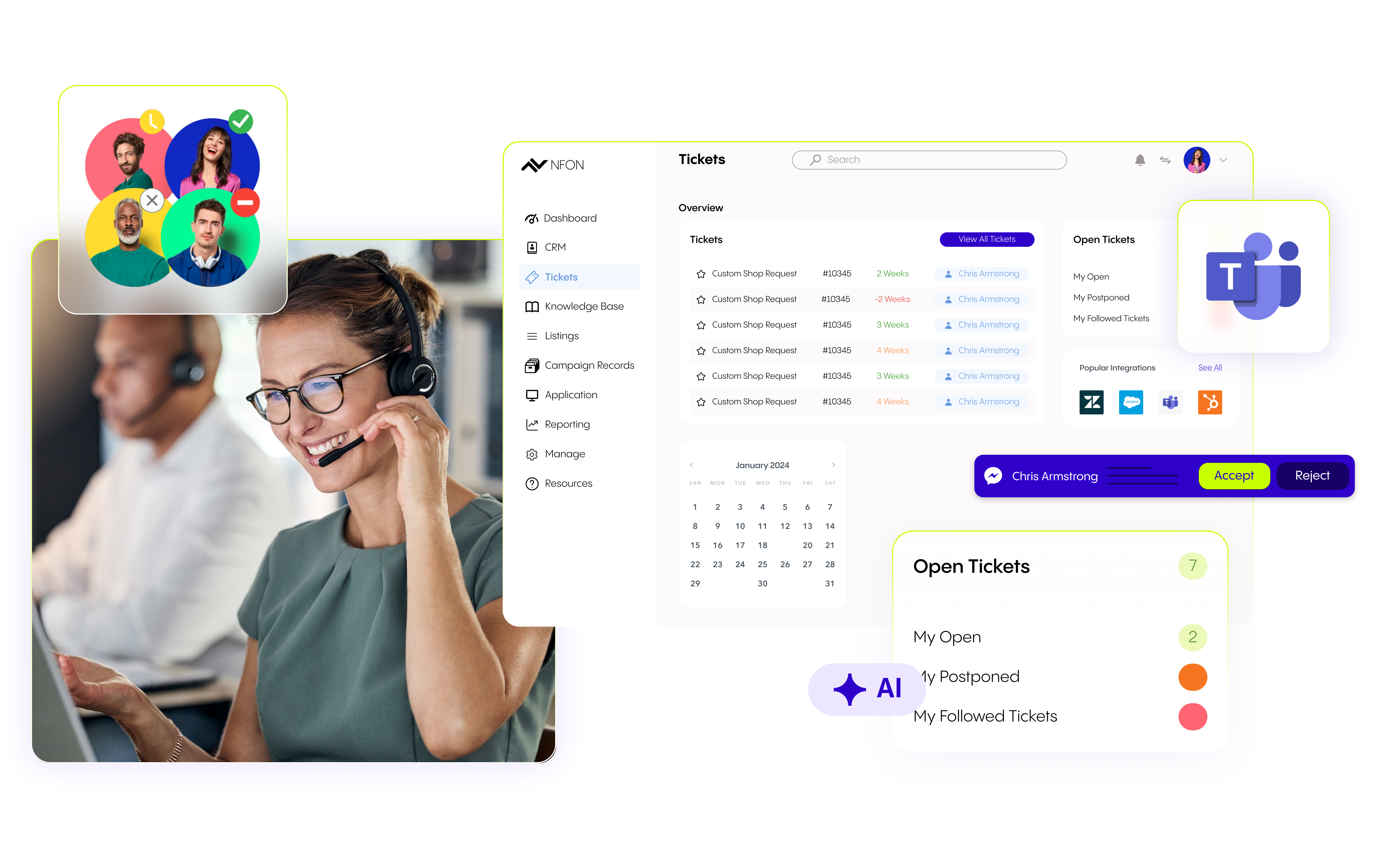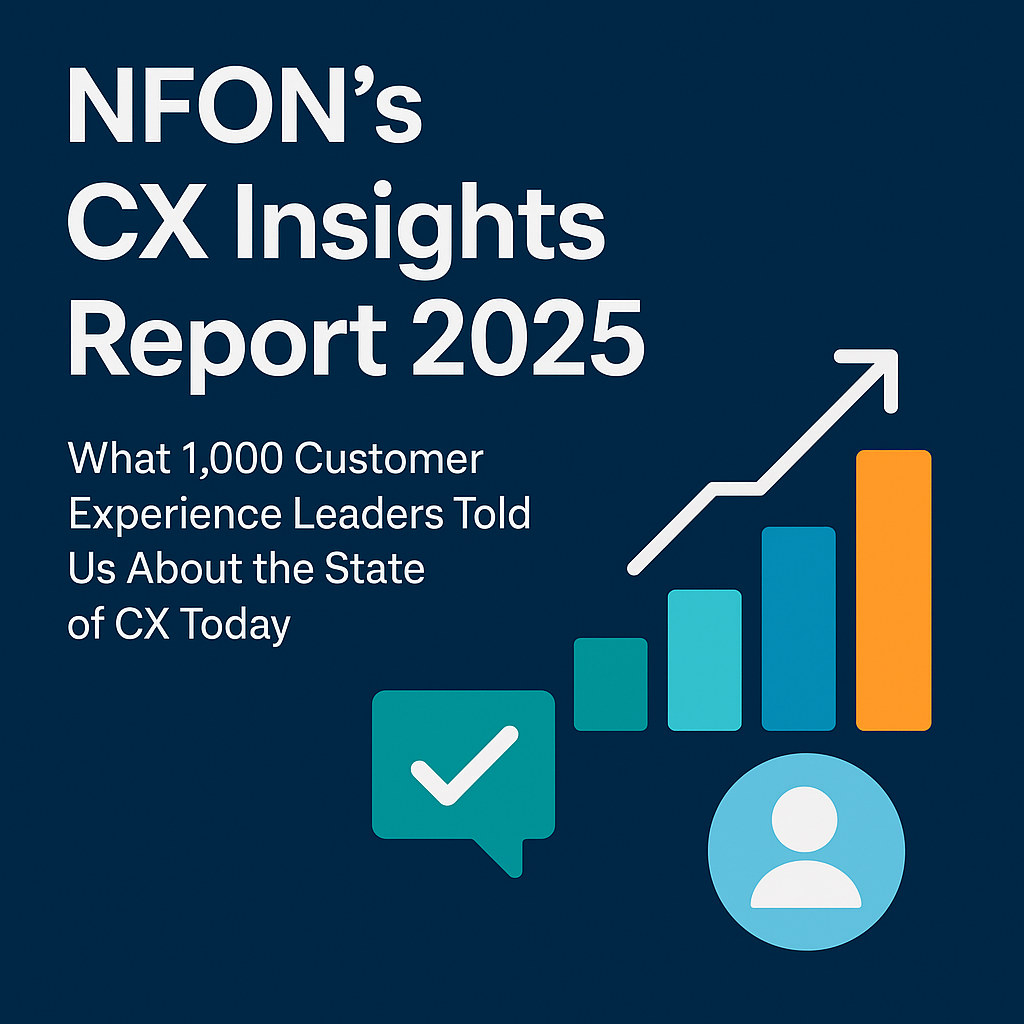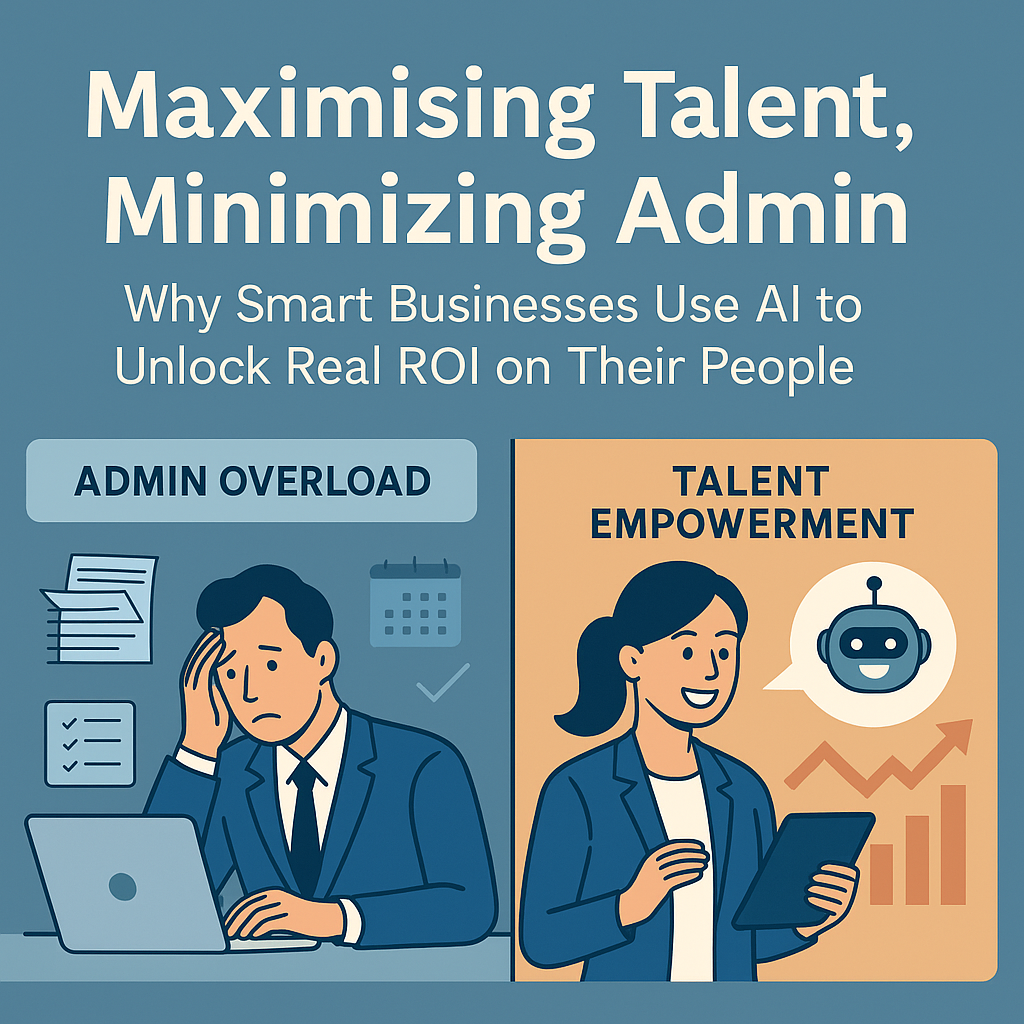Choosing a phone system can be a real minefield.
Because it’s not just a case of figuring out which one is best.
It’s about figuring out which one is best for your business.
For small businesses, a number of factors can make this especially difficult.
The challenges that small businesses face
Firstly, you might not have access to big budgets and cash flow.
Staff numbers can increase or turnover rapidly, with little to no HR resource to support onboarding and handover processes.
And then there’s the issues of security and resilience.
When communications systems fail and lead to operational downtime, this can cause huge financial losses.
Losses that small businesses can find it very difficult to recover from.
Many small businesses also overlook the importance of security when purchasing new communications technology, presuming that large corporates are more at risk.
But in 2020 alone, 47% of small businesses experienced a cyber attack. And of those affected, 44% experienced more than one.
Introducing the VoIP phone system for small businesses
So, back to the main question of this post.
The best phone solution for small businesses is one that is…
- Affordable
- Agile
and - Resilient
All of these traits can be found in an internet-based phone system – also known as a VoIP phone system, or cloud phone system.
VoIP stands for Voice over Internet protocol (click here if you want a more detailed explanation of what that means).
The main benefit of switching to a VoIP phone system for small business owners is that it can deliver the affordability, agility and resilience they need from their communications.
Here’s why...
1. Cloud telephony is affordable
Unlike phone systems that require physical hardware to function, a VoIP phone is handled online by a third-party provider.
That means you get all the benefits of a business phone system without the costs of buying, owning and maintaining telephone hardware.
No line rental. No fees for international calls. No need for engineers to set up and maintain your systems.
Instead, all of your communications can be managed and maintained off site, with all your service costs consolidated into a flat monthly subscription fee.
2. Cloud telephony is agile
When you’re running a small business, big changes can happen suddenly.
So, it helps to have systems that can quickly scale up or down to meet fluctuations in team size and structure, or marketplace demand.
With hardware-based systems, setting up new users is long and laborious, requiring physical wiring and cables to be fitted.
Cloud phone systems on the other hand work over the internet, meaning they can be instantly scaled up or down to accommodate as many or as few users as you need.
All you need is a ‘softphone’ for each user, and you’re good to go.
3. Cloud telephony is resilient
With a VoIP or cloud phone system, your provider manages your phone service and communications data from an off-site data centre.
A data centre is a highly secure remote location. Built to keep your communications safe, secure and performing well.
The best cloud phone providers will manage your service from multiple data centres.
The reason for this is it provides a highly resilient backup in the face of communications downtime.
If one data centre experiences a power cut for example, your phone service can simply “fail over” to a secondary data centre in a different location.
This means your communications stay up and running as usual, and your business can avoid the devastating impact of communications downtime.
Why recommend cloud phone systems for small businesses?
At NFON, we highly recommend switching to a cloud phone system. For small business owners, it offers all of the capabilities needed to compete in the long term, without demanding the significant buying power of a large corporate.
Plus, it will grant you the agility to adapt to sudden structural changes, and ensure your data and business-as-usual operations remain safe and secure.
.jpg)








